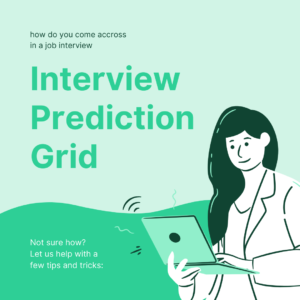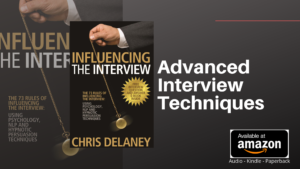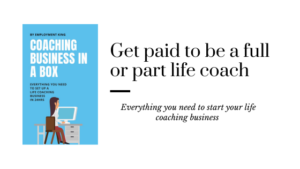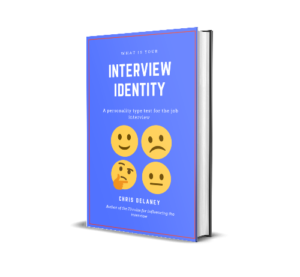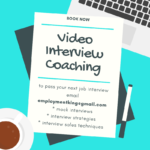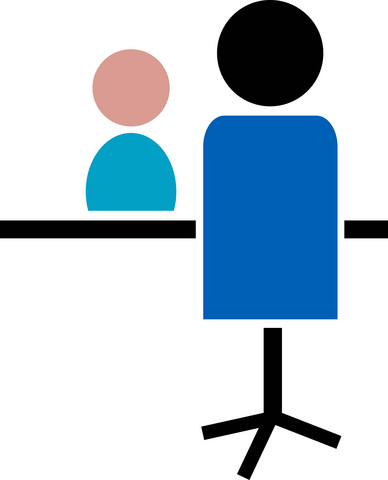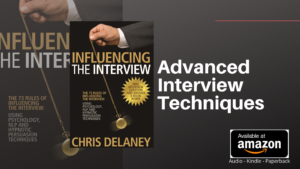A housing officer will often be employed for housing associations or the local authority, supporting clients with the assessment of needs in terms of housing applications.
The housing officer may also specialise in working with homeless people and/or service users with additional needs.
How competitive is a Housing Officer job Interview?

Interview Specifics
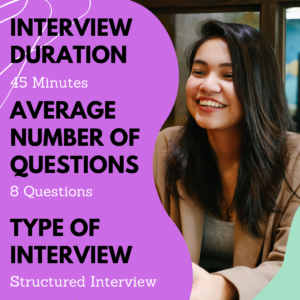
This article will list the commonly asked job interview questions for a housing officer.
By understanding the job interview structure and by knowing the commonly asked housing officer interview questions, applicants can prepare answers that highlight their level of competencies within this industry.
Common Asked Housing Officer 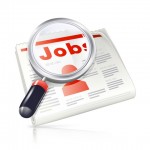 Interview Questions
Interview Questions
Can you tell me about your housing officer experience?
This housing officer interview question is asked for two reasons; 1 it is an open question to get you talking/feeling relax at the job interview start. 2, to gain a general overview of your experience (generic because the follow-up questions will go into more detail)
To answer this job interview question, start by summarising your experience as a housing officer, your relevant qualifications and a key unique skill relevant to the industry – something that makes you stand out, this could be a specialism you have IE working to house homeless service users.
How do you assess the needs of a client?
This interview question is key because this is the crux of the job role.
Split this answer into two sections. Section one is your people skills; explain how you build rapport, how you use effective listening skills, how open and closed questions have a powerful impact, and how you remain calm in stressful situations. Give a short example to highlight your level of expertise and competencies.
Section two should explain the interview structure; the questions you should ask, the information you need to collate, and how you follow GDPR, data protection and confidentiality legislation.
What does customer service mean to you?
You may be asked several customer services-related interview questions.
In the housing association sector often the service users can be stressed or angry. Some service users may have alcohol or drug addiction. In some cases, you will be speaking to clients who are struggling with finances and have been turned down for financial support.
When answering interview questions relating to customer service and communication, explain how you can handle these situations;
What was the situation – why was the service user angry or upset?
How did you handle the situation – what did you say or do to help calm down the client?
What was the positive outcome – how did the client respond to you?
What do you look for during a housing inspection?
Competency-based job interview questions require you to fall back on your experience.
Give an example of when you have carried out an inspection that had issues (you need to pick an inspection with issues to show that you can deal with this in a professional way)
In the example explain what you look for during a general inspection, the inspection process you follow and quote safeguarding regulations, and how you, when required, challenge a service user.
Follow this up with the example “one time during an inspection I saw…” Give details of what you found, the potential safeguarding issue, and what you did to address this
How would you have a positive effect on your colleagues and team?
A big part of the housing officers’ job criteria is to have the ability to work as part of a close-knit team. You will be asked one way or another about your ability to work within a team.
Open the teamwork answer by simply explaining how you enjoy working as part of a team and how in all previous housing roles teamwork has been an important aspect of the role. This opening confirmation statement shows how you have this required skill.
Now you have ticked the ‘teamwork’ box, you need to give a real-life example. A good frame for this job interview answer is to give a ‘helper’ perspective.
Describe how a colleague was having a problem with a housing issue and how this problem affected the output of the whole team.
Go on to describe how you took action and explain the action you took. Follow this up with the positive outcome focusing on how the whole team benefited from your quick actions.
You can also talk about the larger team – in this role, you will need to work with a range of agencies and stakeholders, including social services, jobcentre plus, citizens’ advice service.
Which other agencies would you refer a service user to?
Part of a housing officer’s job role is to work with the tenants to help them to be successful.
To be effective in this job duty you will need to work with, signpost or refer to a large number of partner agencies from social services to the local job center, from doctor surgeries to career advice officers.
In your answer list the relevant agencies you would partner with and give an example of when you would make a referral compared to signposting.
The example has to be specific. First, explain the service users situation and the key block that was holding them back. Explain the limitations of your roles and how the service user required expert advice.
Go on to explain how the service user had attempted to get support but had failed. End the interview answer by stating what you did to ensure the client got the support and advice they required.
Do you have any questions for me?
A guaranteed question is the “do you have any questions for me?” question. And your answer should be YES! Always ask a question.
Good questions to ask in a housing officer job interview are;
- What is your approach to supporting service users with their many barriers?
- What development opportunities do you have to help upskill a housing officer?
- How many hostels/houses do the organisations look after?
- What is the best part of your day?




